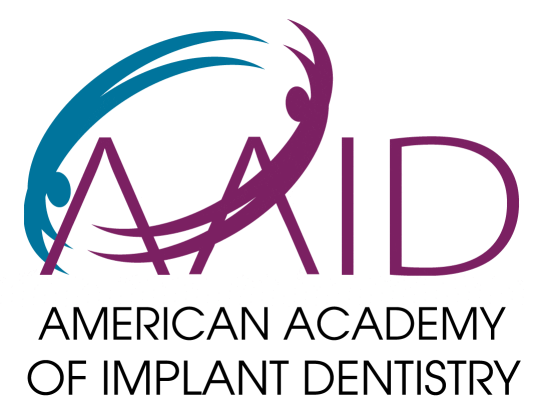
Dental crowns are actually caps which can be placed on top of teeth that have become damaged in some way. Crowns are generally used to cover or protect damaged teeth, and sometimes to restore the natural shape of teeth in situations where fillings can't entirely resolve the problem. Crowns are usually made out of ceramic, resin, porcelain, or some kind of metal, and they don't require any more special care than normal brushing and flossing.
CEREC Technology allows us to provide our patients with Same Day Restorations.
No more messy impression materials or hassle with annoying temporaries! CAD/CAM Technology offers our patients the opportunity to have a beautiful restoration designed, fabricated and delivered in a single appointment! Here’s how:
Using, CEREC Technology, we are able to take a photo scan of your tooth with a special laser camera that safely captures the anatomy of the prepared tooth and renders it as a 3-dimensional image.
We then customizes your crown, inlay or onlay using your digital “impression” and 3D imaging software while you relax with a magazine or music headphones.
After the doctor approves the final design, the CEREC milling system employs CAD/CAM technology to shape your restoration from a high-strength, metal-free ceramic or composite block in a shade to match your smile. This eliminates the repeat visit after sending the impression off to a lab, as this is now able to be done right in the office while you are in the chair!


There are quite a few types of dental crowns which you might choose to have installed, and the type you choose will depend on how important certain features are to you.
No special care is needed for a dental crown, although the underlying tooth will still need to be protected from gum disease or tooth decay. That means you should continue to follow good dental hygiene with brushing and flossing, and occasionally rinsing your mouth out with a good mouthwash. You should avoid biting on hard surfaces, and chewing hard objects like ice or nuts.

Q: What are onlays and 3/4 crowns?
A: These are used when you still have a solid tooth structure in place, and the entire tooth does not need to be capped.
Q: What are dental crowns made of?
A: Dental crowns can be made from a number of different metals, from a porcelain mixture, all-resin, all-ceramic, or all-porcelain. Each of these types will have their own advantages.
Q: How Long Do Dental Crowns Last?
A: Crowns will typically last between five and 15 years, depending on which material they're made from, how much wear and tear they're exposed to, and how well you take care of them.
Q: How many times can a tooth be crowned?
A: As long as there is no underlying tooth decay, crowns can be replaced multiple times without any problem.
Q: Should a crown go to the gum line?
A: In order to avoid issues with sensitivity to heat or cold, crowns will generally be installed so as to end right at the gum line, or just below it.
Q: What are the disadvantages of dental crowns?
A: Some people would consider the cost to be a disadvantage. In terms of installation, some nerve damage could be done during installation, and sensitivity might be heightened. Then too, there is always the possibility that the crown will have to be replaced, which would be a further cost.
 New Patients: (559) 295-8977Current patients: (559) 435-5660
New Patients: (559) 295-8977Current patients: (559) 435-5660Monday: 8:30am - 5:00 pm
Tuesday: 8:30am - 5:00 pm
Wednesday: 8:30am - 5:00 pm
Thursday: 8:30am - 5:00 pm
Friday: Closed
Saturday: Closed
Sunday: Closed






Copyright © 2022 Dentist of Fresno | Sitemap | Privacy Policy